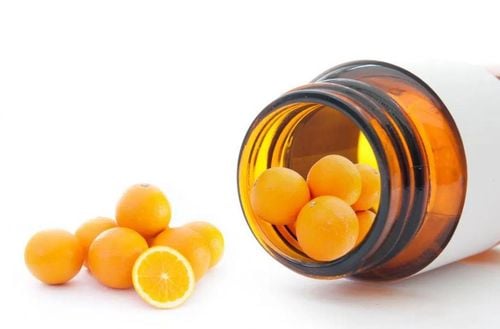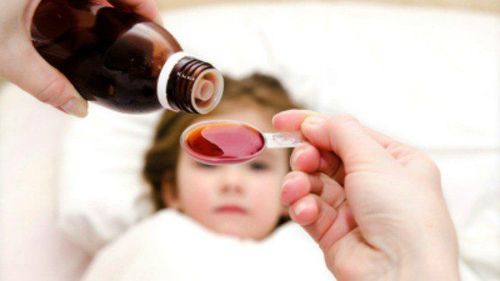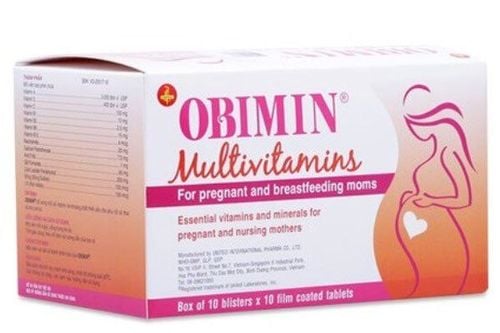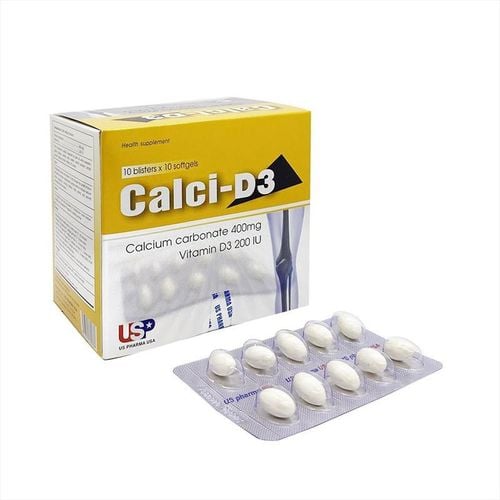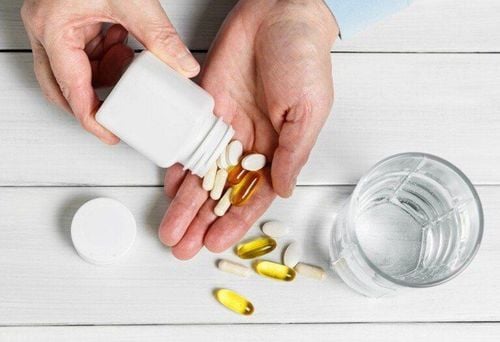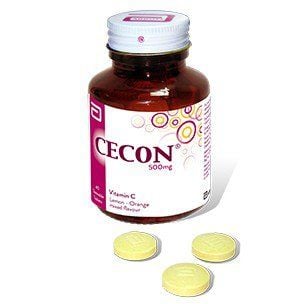Currently, effervescent tablets are a popular drug on the market because they contain over-the-counter active ingredients such as paracetamol to help reduce fever, relieve pain or contain vitamins and minerals. However, each form of drug has its own characteristics that users need to pay attention to to avoid unwanted effects.
1. What is an effervescent tablet?
Effervescent tablets differ from regular tablets and must be dissolved in an appropriate amount of water before consumption. The wide availability of effervescent drugs for common illnesses increases the risk of misuse, such as:
- Paracetamol-based effervescent drugs (or acetaminophen) are popular choices for relieving fever and pain, especially for common conditions like colds, flu, and respiratory infections… To increase pain relief, these medications can be combined with codeine.
Effervescent tablets containing vitamins and minerals are often self-medicated by consumers to improve their health, supplement calcium, etc.
2. Advantages and disadvantages of effervescent drugs
The basic feature of effervescent tablets is the ability to dissolve into a liquid form before use, which offers several advantages:
- Effervescent tablets are particularly suitable for patients who struggle with swallowing, including children and the elderly. The pleasant taste and fizzy sensation make medication more appealing to children.
When dissolved in a large amount of water, effervescent tablets reach the stomach more quickly and are absorbed into the bloodstream faster, leading to a more rapid onset of action. This enhances the bioavailability of the drug.
Besides, effervescent drugs also have several disadvantages that users should consider:
- Effervescent drugs can be harmful to hypertensive patients. Because they contain gas-dissolving excipients, which are high in alkaline salts (sodium carbonate or sodium bicarbonate), which will increase blood pressure hypertension who are on a low-sodium diet. Therefore, elderly individuals who choose effervescent tablets for easier swallowing should be especially cautious if they have hypertension.
- The pleasant taste of effervescent tablets when dissolved in water can make them appealing as a beverage. However, excessive consumption can lead to an overdose of the active ingredients, resulting in undesirable side effects.
- Effervescent tablets must be stored in a dry environment, which can be challenging in a humid country like Vietnam. If not stored properly, effervescent tablets can undergo chemical reactions, reducing their quality and even harm because of hygroscopicity.
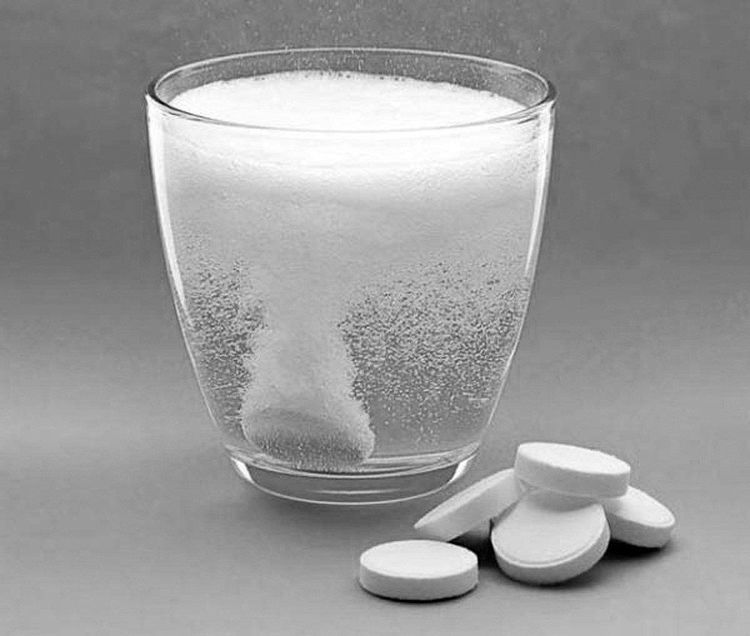
3. Precautions for Using Effervescent Tablets
- Storage: Protect the tablets from direct contact with air by tightly closing the container and keeping them in a dry place. Use only intact tablets and discard any tablets that have become damp.
Avoid Overuse: Effervescent tablets containing vitamin C or calcium are not nutritional supplements and can be harmful if overused. Excessive vitamin C can lead to diarrhea, kidney stones, etc., while excessive calcium can cause hypercalcemia, constipation, nausea, bone pain, etc. Effervescent tablets containing pain relievers and fever reducers like paracetamol should be used as directed by a doctor and should not be taken more frequently than every 4-6 hours. Overdosing can damage the liver.
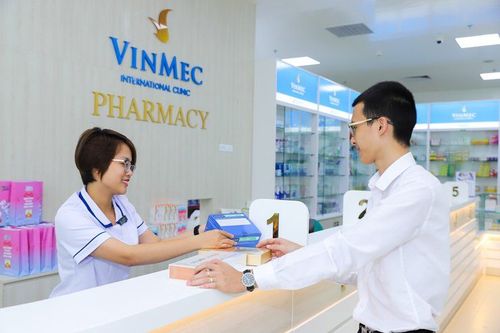
Individuals who need to be cautious when using effervescent tablets:
- Hypertensive patients: Effervescent tablets may elevate blood pressure due to their sodium content.
- Individuals with kidney stones: Due to dietary restrictions, the sodium in effervescent tablets can exacerbate kidney stone conditions.
- Patients with kidney stones, hypercalcemia, or urinary calculi
- Healthy individuals should limit their vitamin C intake to 1g per day.
- Pregnant and breastfeeding women should consult their doctor before using UPSA C.
- Avoid combining effervescent pain relievers and fever reducers with other paracetamol-containing medications to prevent overdose.
- Individuals with a history of peptic ulcers, kidney disease, or asthma should avoid aspirin-containing effervescent tablets as aspirin can aggravate these conditions.
To arrange an appointment, please call … or make your reservation directly HERE. You may also download the MyVinmec app to schedule appointments faster and manage your reservations more conveniently.




